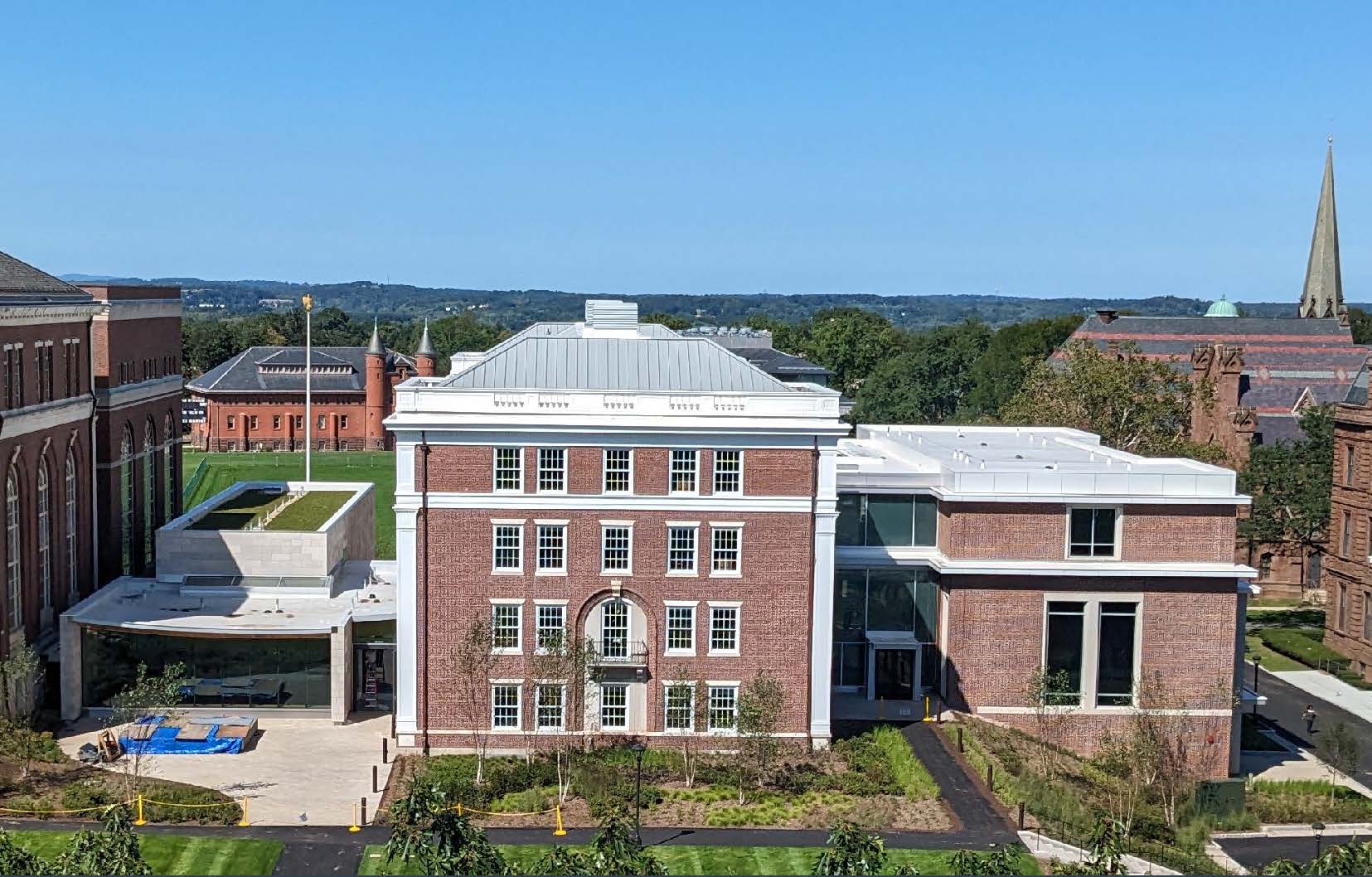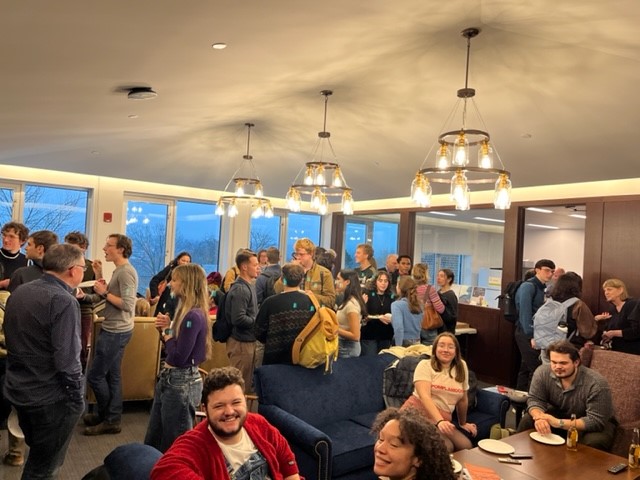College of Social Studies
The College of Social Studies (CSS) is a rigorous, multidisciplinary major focusing on History, Government, Political and Social Theory, and Economics. Founded in 1959, the CSS is reading and writing intensive, encouraging intellectual independence with weekly essays, small group tutorials, and a vibrant intellectual environment.




The CSS Office, Lounge, and Library are now located on the third floor of the newly renovated Frank Center for Public Affairs at 238 Church Street.
